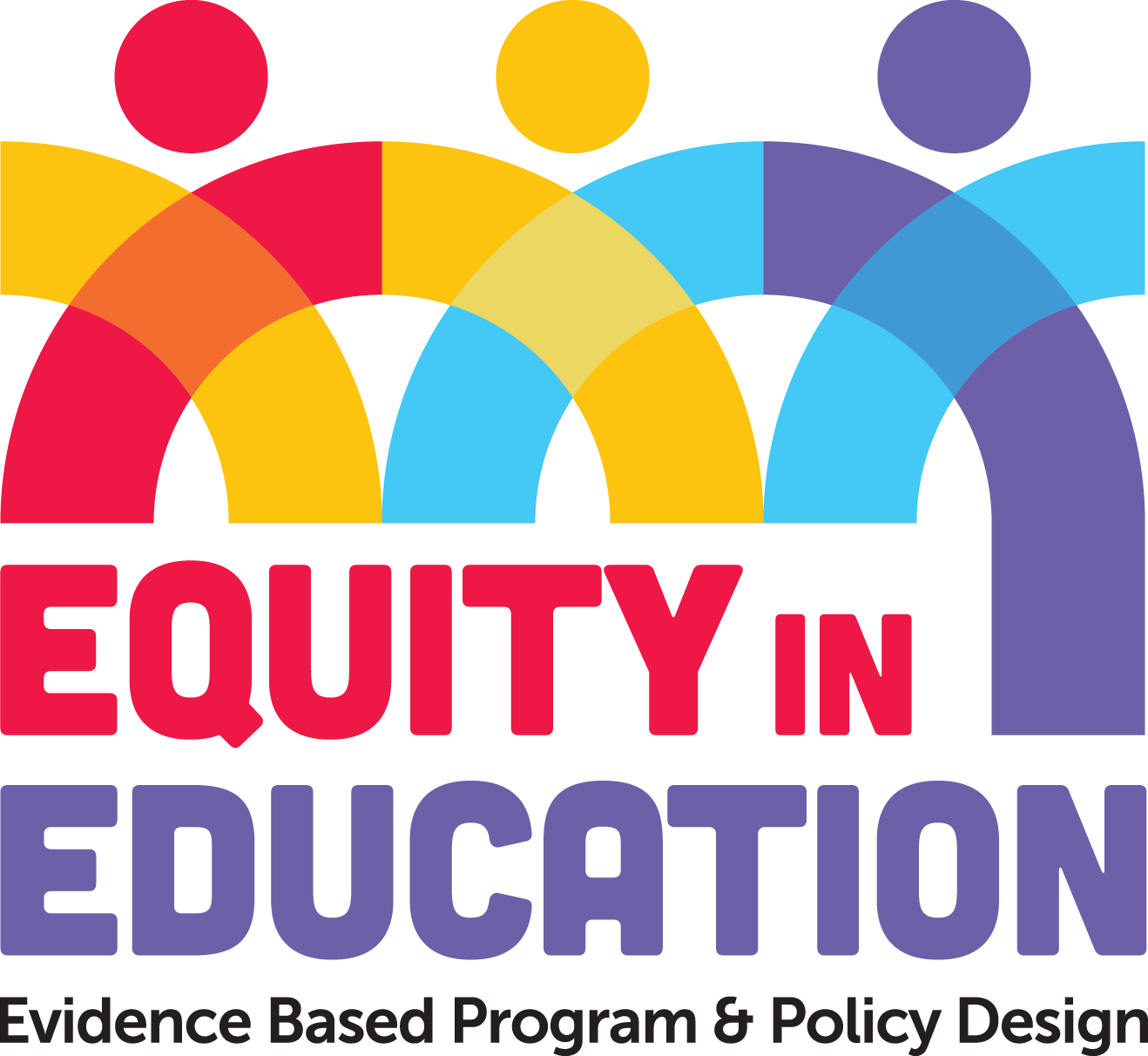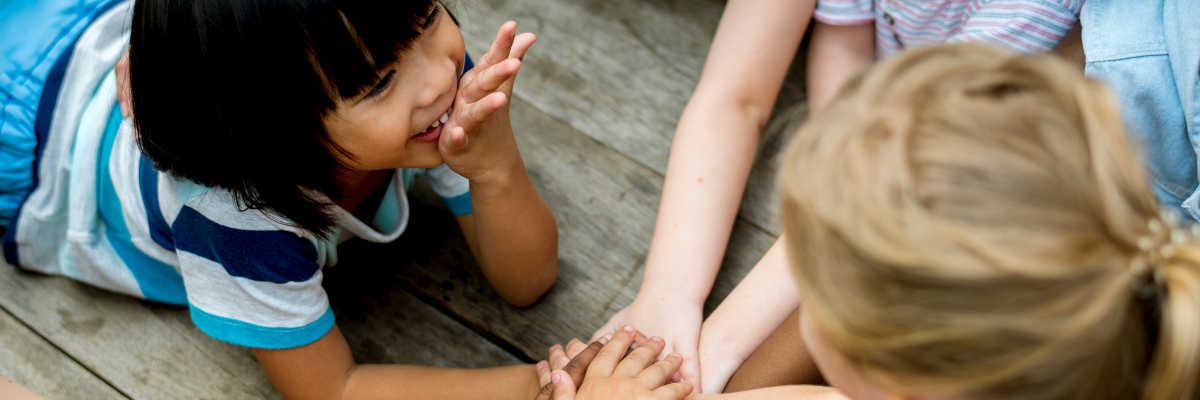Peer collaboration is a complex skill that emerges in early childhood. However, researchers and practitioners lack a shared understanding/definition of what peer collaboration means and how to observe it in early educational settings. This review aimed to examine definitions of peer collaboration and the behaviours observed in research on peer collaboration in children zero to six years of age. The current scoping review follows the Joanna Briggs Institute’s methodology. The search syntax was applied in PsycInfo, Education Resource, ERIC, and Child Development and Adolescent Studies. This scoping review includes 123 articles on children engaged in peer collaboration in early educational settings. Inductive and deductive thematic coding was conducted, followed by descriptive statistics. Four domains from the definitions of peer collaboration were identified. These were: “Achieving a Greater Objective”, “Verbal Communication”, “Prosocial Skills”, and “Knowledge Exchange”. Co-occurrences between these domains were identified using a network analysis. The following six domains, describing how collaboration was observed in young children, were identified across the literature: “Interactive Characteristics”, “Communication”, “Activity Structure”, “Assessment of Performance”, “Reciprocity”, and “Cognitive Skills”. Finally, we identified whether observations of collaboration focused on collaborative processes (i.e. behaviours occurring during collaboration) or products (i.e. outcomes). We found that peer collaboration in early educational settings was more commonly viewed as a collaborative process (although this varied by domain). We conclude by offering a synthesised definition of collaboration and a framework to begin thinking about measuring collaboration based on the findings from this study.
AUTHORS
Funded Project
Intervention Creation
and Testing







